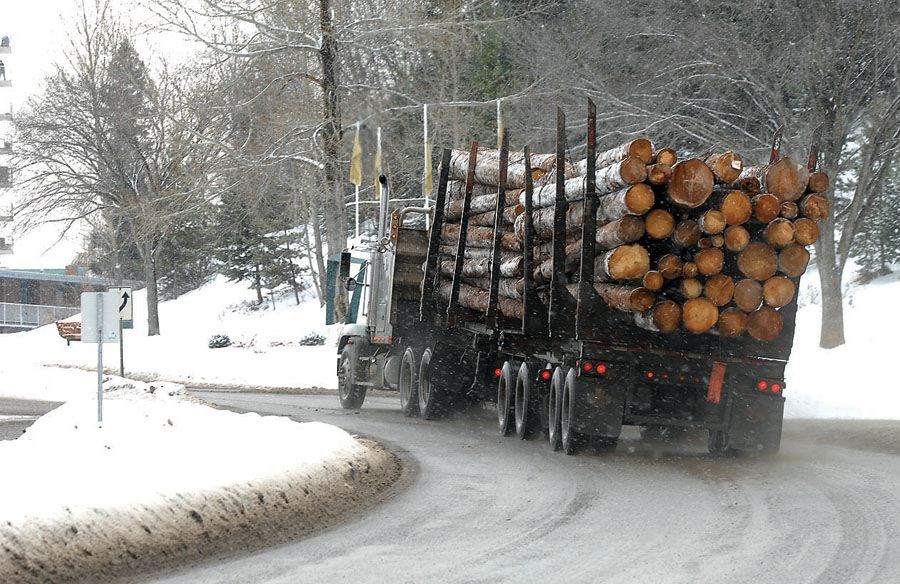Bandstra Transportation Systems operates a fleet of 120 trucks and employs about 300 truck drivers who know as daily travelers they have a better chance of being infected by the coronavirus than if they had chosen to stay home.
Their jobs as drivers take them through the Fraser Valley to Vancouver, the two health regions where most of B.C.’s 1,203 cases of COVID-19 have been reported and all but two of the 38 deaths in the province have occurred.
Those drivers also haul goods to and from a warehouse in Edmonton, where there are 263 cases and four deaths attributed to the coronavirus.
“There’s certainly a sense of anxiety out there among the guys, but the majority of them realize the importance of their tasks and are taking it very seriously,” said company president Phil Bandstra.
“They understand there’s more risk working than staying at home but they’re committed to keep working. They’re doing their best to keep the economy going. If they’re not hauling groceries they’re hauling products that keeps the industries going to keep the economy going. We’re keeping those who are working able to keep working and provide income to pay taxes for some of these costs coming up.”
Based in Smithers, where the company was started 65 years ago, Bandstra primarily transports industrial equipment to serve the mining, oil and gas and forestry sectors. It delivers food to some of the remote mining camps like the Kemess copper/gold mine north of Smithers and also sends trucks to Haida Gwaii. Bandtra operates a terminal in Prince George.
Working away from most population centres, Bandstra’s drivers are used to not having any restaurants or truck stops along the way where they can stop for a meal or a coffee break, so they travel with everything they need to keep fortified.
“Down south, between Prince George and Vancouver, there’s a lot of restaurants that are catering to truckers and we really appreciate that,” he said. “But up north, we go up to the Yukon border and there’s nothing open really except gas stations. Guys make sure they pack plenty of supplies along and they’re going out and doing their best to get everybody what they need to continue living.”
New safety protocols are enforced for the drivers and the places they deliver, and they’re told to keep two metres away from anybody, following guidelines set by the provincial health officer. The company provides disinfectant wipes to clean inside the trucks and regularly wipes down office surfaces.
“We’re meeting our long—haul drivers out in the yard to give them instructions or paperwork, versus them coming into the office,” said Bandstra. “We’re making physical separations between long-haul drivers, office people, warehouse staff, just to keep those boundaries in place just to keep everybody safe.
“There’s definitely more concern in the bigger centres than the smaller centres but I think everybody is very aware of what the possibilities are.”



